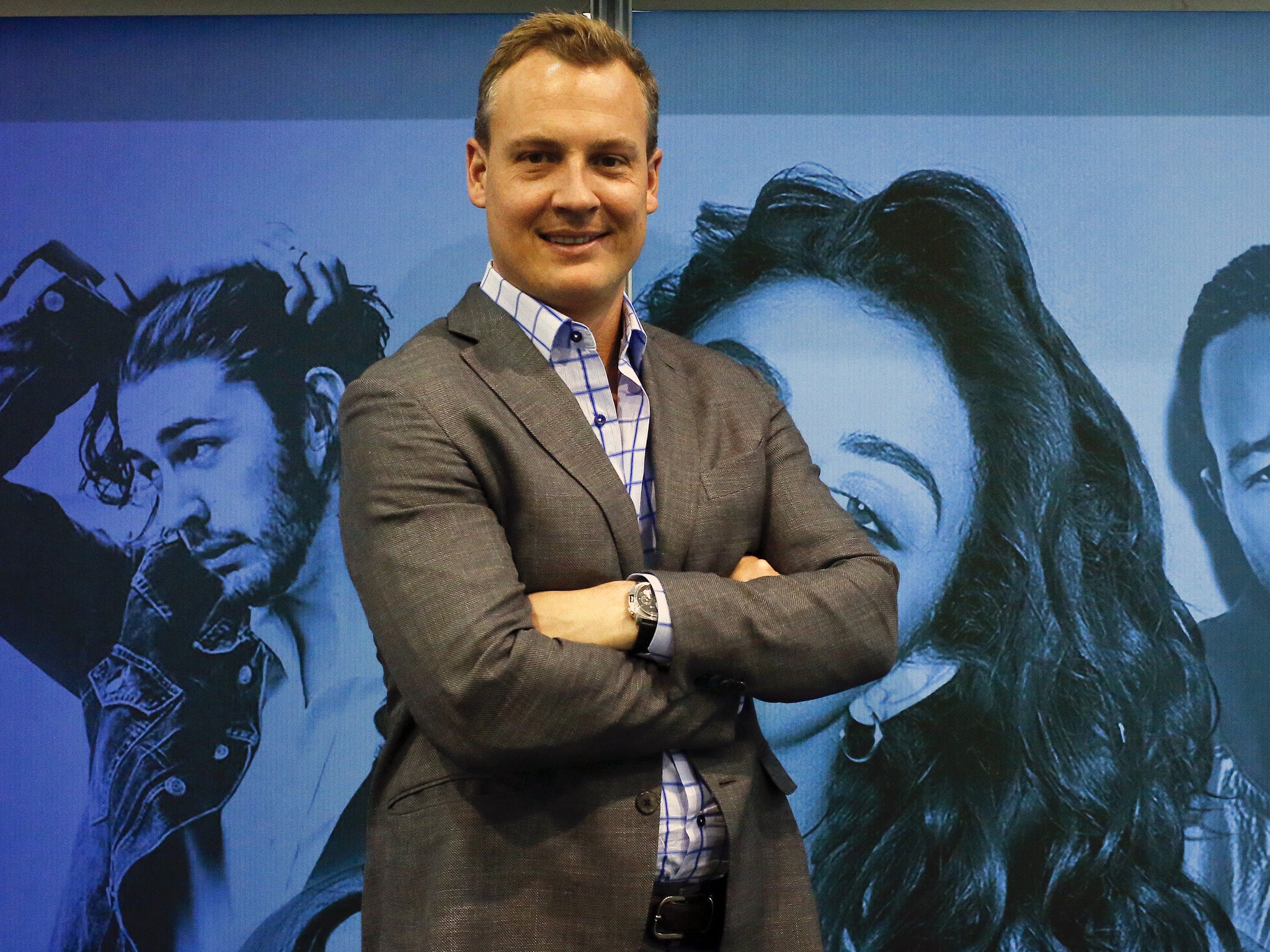Shazam wants to recognise people’s entire lives, the way it does music
Products, magazine and brands will all soon be recognised by the app

Your support helps us to tell the story
From reproductive rights to climate change to Big Tech, The Independent is on the ground when the story is developing. Whether it's investigating the financials of Elon Musk's pro-Trump PAC or producing our latest documentary, 'The A Word', which shines a light on the American women fighting for reproductive rights, we know how important it is to parse out the facts from the messaging.
At such a critical moment in US history, we need reporters on the ground. Your donation allows us to keep sending journalists to speak to both sides of the story.
The Independent is trusted by Americans across the entire political spectrum. And unlike many other quality news outlets, we choose not to lock Americans out of our reporting and analysis with paywalls. We believe quality journalism should be available to everyone, paid for by those who can afford it.
Your support makes all the difference.Shazam intends to become a recognition app for people’s entire lives, according to its chief executive.
The app — the main feature of which is currently to recognise music, allowing users to hold their phone up to speakers and be told a song’s name and artist — intends to roll out its features to other things in the real world, including brands, magazines and other visual objects, CEO Rich Riley told The Independent.
The feature, which Riley called “visual Shazaming”, will allow users to hold their camera up to a barcode or QR code and receive information on their phone. And the company will partner with magazines and package goods, allowing users to Shazam their printed content.
“The same way we use Shazam to identify music, we’re extending that verb into other things,” Rich said, speaking from Barcelona. “So we’ve had a lot of success in TV — now, it’s movies, theatre and retail. And we’re pushing into printed objects.”
And it won’t stop there. Shazam recently announced a tie-up with Gimbal to recognise “beacons” — small proximity sensors — so that the app can be more location-aware, knowing for instance when a phone has been taken in to shops.
Those partnerships are likely to be lucrative in themselves, with companies paying Shazam to allow them to feature their ads or other content within the device. Companies are moving away from the idea that they can sell things through their own apps, says Riley, since people on average only use about 25 apps and are reluctant to install more.
But the company also hopes that the increased information that it will have about individual users will allow it to increase its personalised offerings. At the moment, the company runs charts — which have often been seen to predict songs becoming hits before they actually do.
The company doesn’t intend to drop its music focus, but “we want to play a bigger role that identifying music for them”, says Riley.
“We continue to make that faster and more accurate. But we want to play a bigger role and provide relevant content. We also want to help them connect with the world around them.”
Join our commenting forum
Join thought-provoking conversations, follow other Independent readers and see their replies
Comments